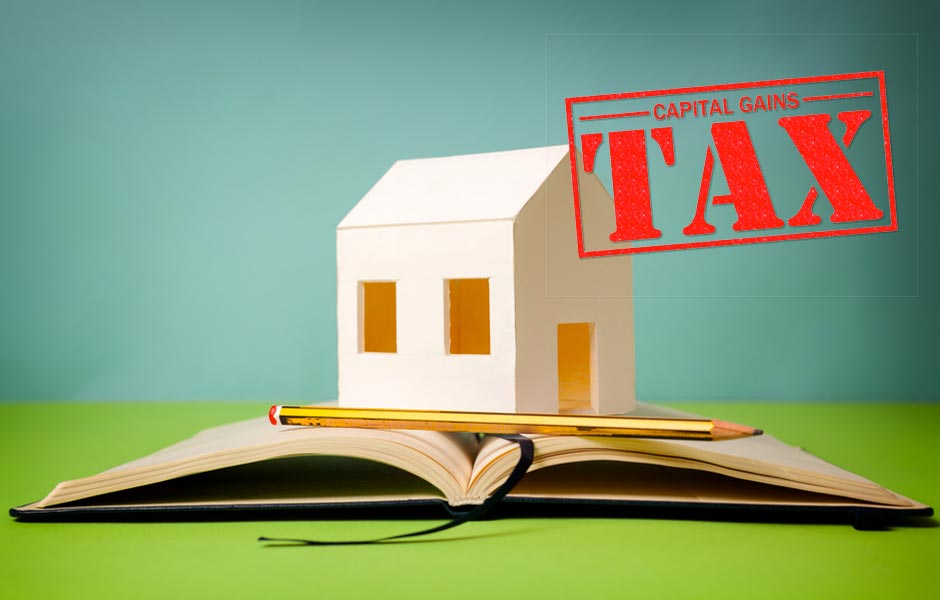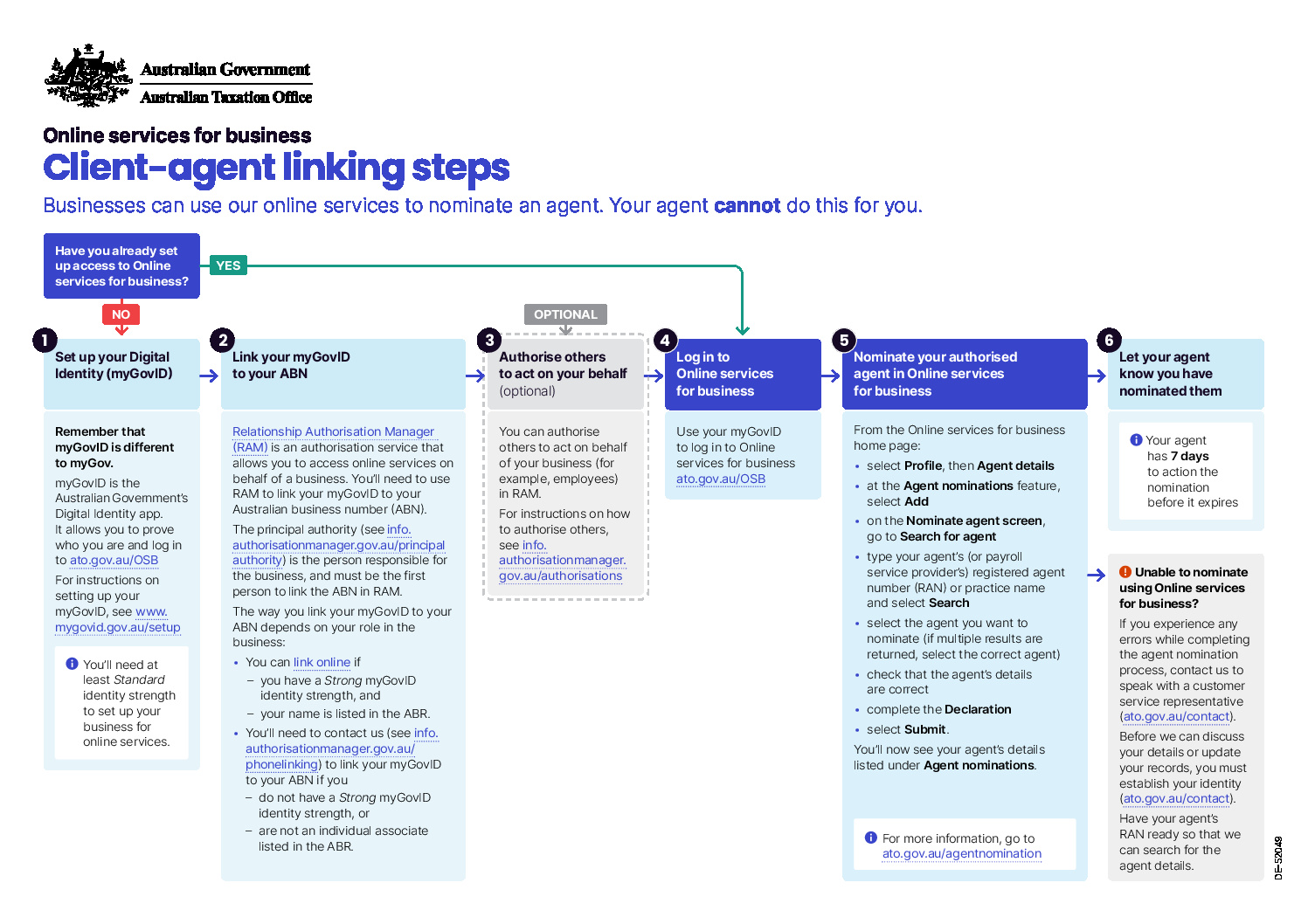Capital Gains Tax (CGT) has recently celebrated its 30th birthday. I’m sure you all raised a glass to celebrate, not. Like any child which has blossomed into a young adult, it’s had its change of life period and is now reaching maturity, with almost every variation of possible disposal being captured somehow in a CGT Event.
But what if you still hold assets that you originally purchased prior to the conception date of 19 September 1985? Well in most cases, if you own such assets in your own name, then you generally may be OK with being exempt from CGT. But if you are a company, it may not be so easy.
Companies don’t get as many concessions when a CGT even occurs. A company has to pay tax on its profits at 30% or 28.5% if you are considered a Small Business Entity (SBE – a turnover of less than $2million). If it disposes of an asset that was considered a pre-CGT asset then how do the shareholders extract this value from the retained earnings of the company also tax free?
In accounting, the company has to recognise the net gain in the year the asset was disposed of however, it is not required to pay tax on the disposal because it is a pre-CGT asset: it is tax exempt.
When the shareholder goes to take the money out of the company in the form of a dividend, it will have to be considered an unfranked dividend and therefore, the shareholder will be taxed on this amount at their marginal rate of tax.
Some of you might think that is ridiculous. The company does not pay tax on the disposal of a pre-CGT asset however the shareholder does! This is more ridiculous if the shareholder is on a higher tax bracket of 47% plus Medicare Levy.
So the question is, how can we take this out as tax free in the hands of shareholders?
First, members of the solvent company may decide to wind-up the company under s491 of the Corporations act and deregister the company provided the company meets all legal requirements. Winding up of a solvent company does not require a registered liquidator.
Section 47 of ITAA 1936 enables certain amounts paid to the shareholders by liquidators as capital instead of dividends for tax purposes: i.e. the cancellation of shares. This especially works if the original issue of the shares in the company were also pre-CGT, therefore becomes tax free in the hands of shareholders. However, if the shares were issued or acquired post 20 September 1985, the shareholders may still be able to access other CGT Concession such as 50% discount on the monies paid out.
Now winding up the company may not always be a good option, however, nevertheless it is an option that needs to be thought through should your capital gain that is exempt be significant enough for you to extract as tax effectively as possible.
Before you go to dispose of any asset, you should always seek advice on the timing of contracts and the possible tax effect, so you get the right advice before you sign for the sale. It may save you so much more than just dollars.













